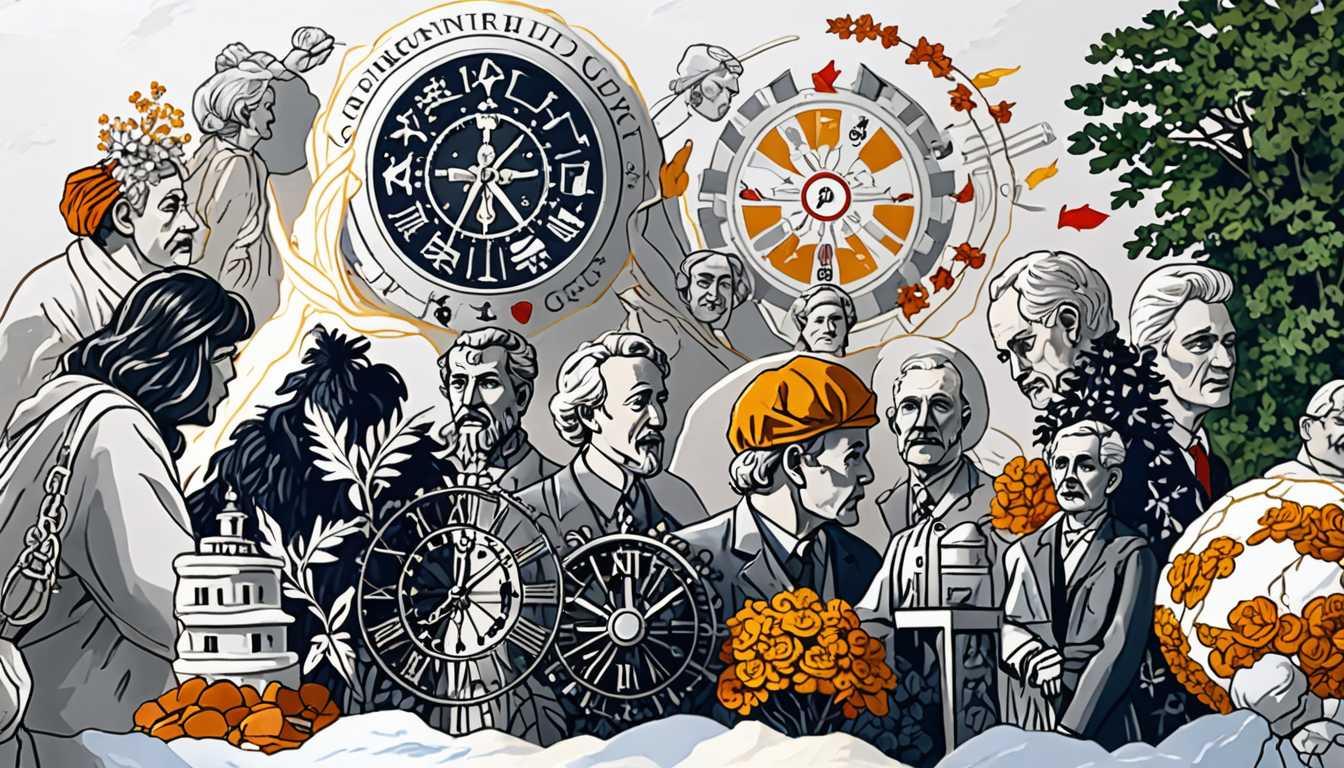Chance in Healthcare Unveiled
July 2023
Harvard University
Introduction
Dive into Random Acts of Medicine for a whirlwind journey through the unpredictable world where chance dances into our lives, shaking up everything from love stories at airports to life-or-death medical scenarios. Authored by Harvard's own Anupam B. Jena and Christopher Worsham, this excerpt reveals how randomness, or the lack thereof, can dramatically alter our health outcomes. Ever thought a simple sprained ankle could lead you down a vastly different medical path? Prepare to be amazed and a tad frightened by the hidden forces at play in our healthcare system.
READ FULL ARTICLEWhy It Matters
Discover how this topic shapes your world and future
Unveiling the Unseen Forces of Chance
Imagine a world where a simple twist of fate could shape the future of your health, career, or personal life. This isn't just a plot for a science fiction movie; it's a reality that unfolds around us every day. The book excerpt from ‘Random Acts of Medicine’ reveals how random events, or what we often call chance, play a significant role in medicine and our lives. Whether it's the doctor you happen to see, the day you sprain your ankle, or even the air you breathe, randomness is everywhere. Understanding this concept is crucial because it shows us that despite our best efforts to control our health and lives, there are factors beyond our grasp. This realization isn't meant to scare you but to highlight the importance of flexibility, preparedness, and the ability to adapt. For you, as a budding scholar, it's an invitation to explore the intricate dance between chance and choice, and how this interplay can lead to groundbreaking discoveries and innovations.
Speak like a Scholar
Randomized controlled trials (RCTs)
A study design that randomly assigns participants into an experimental group or a control group to measure the effect of an intervention.
Epidemiology
The study of how diseases spread and can be controlled within populations.
Natural experiments
Unplanned occurrences that provide unique conditions for scientific observation, without the need for experimental manipulation.
Statistical significance
A mathematical measure that indicates whether the results of a study are likely not due to chance alone.
Causality
The relationship between cause and effect, where one event (the cause) directly results in another event (the effect).
Public health
The science and art of preventing disease, prolonging life, and promoting health through organized efforts and informed choices of society, organizations, public and private, communities, and individuals.
Independent Research Ideas
The impact of serendipity in scientific discoveries
Investigate historical instances where chance played a crucial role in breakthroughs, highlighting the unpredictable nature of innovation.
Comparative study of health outcomes based on geographic location
Explore how living in different areas, by mere chance, affects individuals' health, considering factors like air pollution, access to healthcare, and lifestyle.
The role of randomness in genetic variations and evolution
Examine how random genetic mutations contribute to biodiversity and the evolutionary process, offering insights into the randomness of life itself.
Psychological effects of perceived control over health
Analyze how individuals' belief in their ability to control their health through choices impacts their mental and physical well-being, contrasting with the realities of chance.
The influence of random events on career paths
Delve into the stories of professionals whose careers were significantly altered by chance encounters or events, reflecting on the balance between planning and openness to new opportunities.
Related Articles

Redefining Healthcare: The Longevity Revolution
March 2024
MIT Technology Review

Cheers or Fears? The Alcohol Debate
January 2024
Harvard University

Biotech Frontiers: Personal Triumphs & Trials
July 2023
MIT Technology Review

Sponge Capsule: Goodbye, Endoscopy?
February 2024
University of Cambridge

GlioQuell: Powering Down Cancer
August 2022
Imperial College London